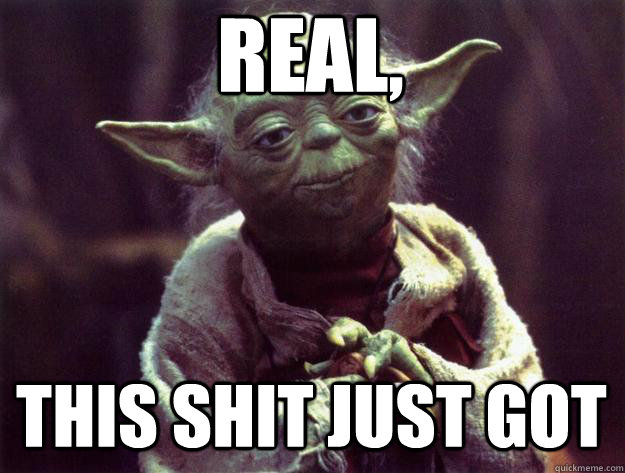The video games industry forms a coalition to fight the lootcrate gambling crisis
As a result of the increasing external pressure for reform and regulation on the games industry,
a group of industry leaders and experts has agreed to come together in a more permanent way, forming the National Committee for Games Policy (NCGP). We made this decision in response to the current crisis regarding the expansion of loot crate economies and concerns about unregulated online gambling, but also as an acceptance of a long in coming decision that we knew would eventually become necessary. Games are not represented or understood in the modern political and judicial world, and that needs to change.
Unlike the IGDA, we are not an association of game developers.
We are a coalition of high level industry experts and influencers. Membership in the NCGP is by invite only. We will work on the behalf of games industry professionals of all political leanings. In order to do this, the NCGP has appointed a steering committee with
significant political experience on both ends of the spectrum. Where video games, politics, and law intersect, you will be sure to find the NCGP.
The second and much more important arm of the NCGP is
our establishment of the video game industry's first, and de facto, self regulatory organization. Independent of the think tank is the NCGP SRO. As an SRO, our purpose is to protect consumers from unscrupulous video game companies by investigating and bringing legal action against those companies that have damaged the public consciousness in some way, whether mental or physical. To do this we’ve enlisted the aid of game developer’s employees as well. By
establishing the first video game industry whistleblower center, we’re able to help the video game industry fight things such as overtime pay.
As part of our work as an SRO,
we will release a quarterly list of companies who we have cited and the reason for citation. While we do hope to help as many people as possible, a complaint doesn’t become a citation without further investigation and action by the NCGP.
https://www.gamasutra.com/view/pres...on_to_fight_the_lootcrate_gambling_crisis.php

